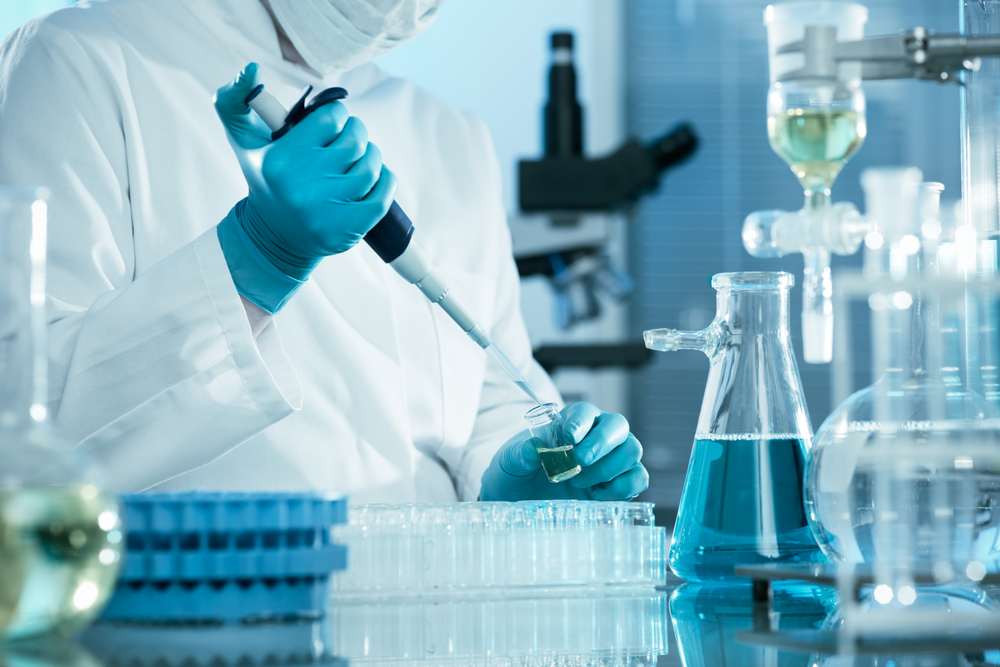Glassware is a critical part of a lab’s everyday operations. Beakers play a massive role in research, work and particularly within chemistry labs. With a wide range of different beakers available, each providing specific functions, it’s essential for all lab personnel to know which beaker they should enlist for the task. Selecting the right beaker can streamline the process and significantly improve the chances of reliable, accurate and certifiable test results.
Glass will always be an indispensable lab material because it never affects the samples or chemicals within in the lab containers and can remain clean and sterile. Also, it withstands most chemical reactions. Of course, glass is prone to breakage from improper handling, exposure to chemicals, and elements like high heat. So while it’s diverse and useful within labs, handlers must be cautious. Read on to learn all about laboratory beakers and their many uses!
The 4 Beaker Categories
There are four central categories of beakers, and their shape dictates their category. The standard beakers (known as Griffin beakers) are lower beakers, and their height is about 40% of its diameter. The taller beaker is a Berzelius beaker. They’re thinner, and their height is double their diameter.
The third type of beaker is a crystallizer. While many different beakers will have markings, crystallizer beakers will typically not have measuring marks. The fourth type is the Phillips beaker. At first, the Phillips may appear to be a Griffins beaker. But, upon closer examination, you’ll see that the walls of a Phillips are sloping and graduated towards the mouth of a beaker. Therefore, the mouth of the beaker is much more narrow than its base.
Beaker Functionality
Beakers have their main use. Phillips and Griffin beakers manage most of the daily lab use through measuring, mixing, containment, and decanting tasks within laboratory processes. Berzelius beakers are for titration experiments where workers mix solutions to generate plenty of results. Flatform beakers are for hot bath heating in the lab. Plastic beakers specifically carry out gamma spectral analysis and similar experiments. You may be mistaken to use markings for accurate measurements, but graduated cylinders or flasks are used for accurate measurements.
Glassware & Beaker Care
Chemicals can be quite abrasive, and when using glassware, it is important to wash off any residue to help protect the glass, quality, and standards. Looking for the proper cleaning solutions that will ensure the cleaning process is effective is key.
Conclusion – SEPS
At SEPS, the safe handling and application of lab tools is an essential priority, especially when it comes to our clients. All of our services, from decontamination to calibration, are about keeping lab settings as safe and functional as possible. Our accreditations and affiliations are a testament to our ability to help our clients optimize their labs as much as possible.
